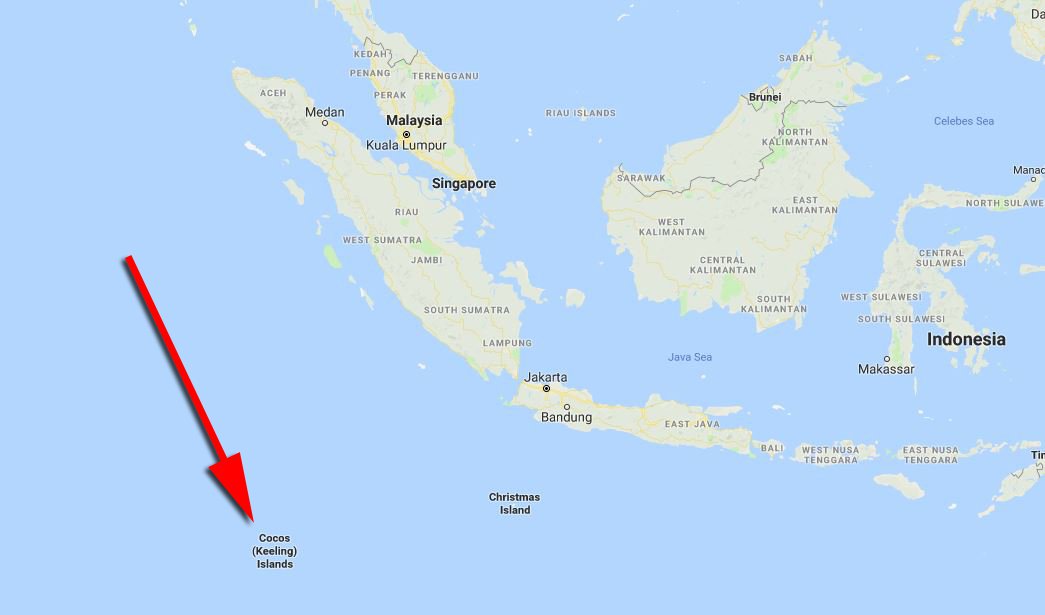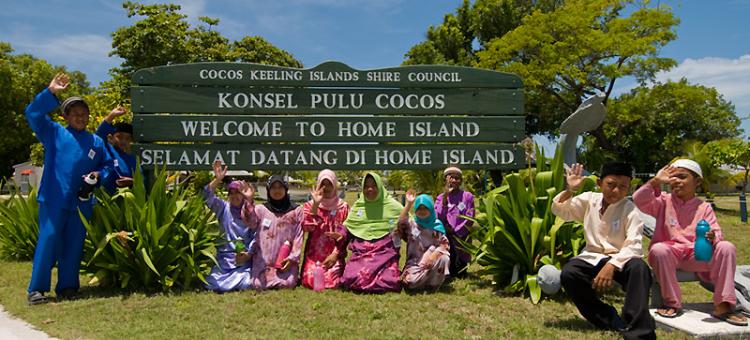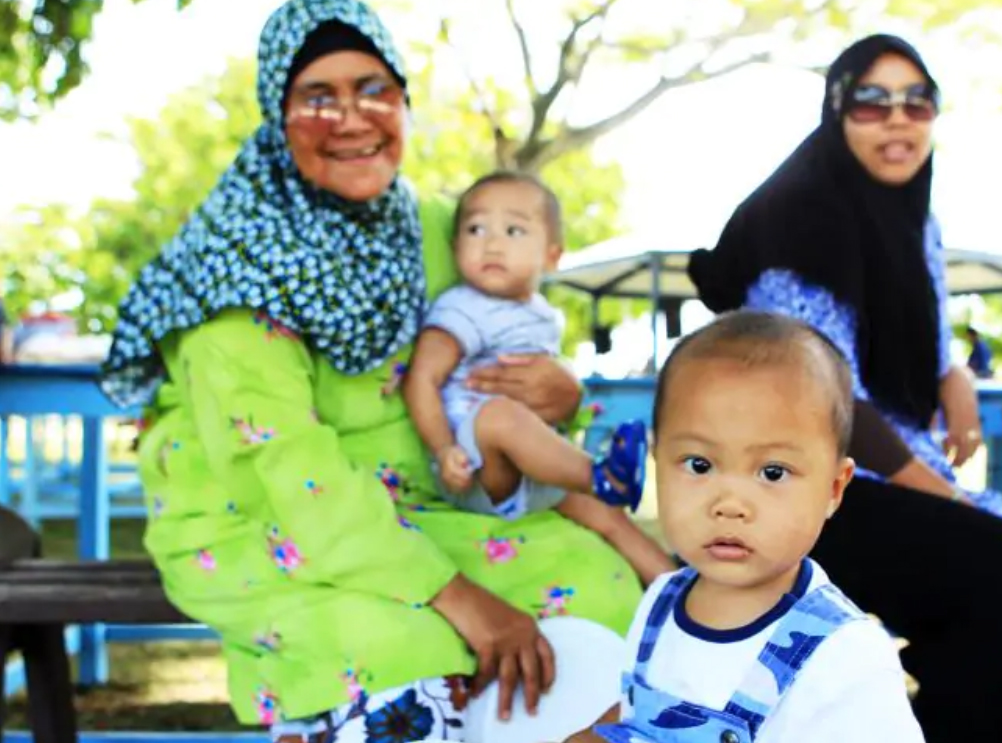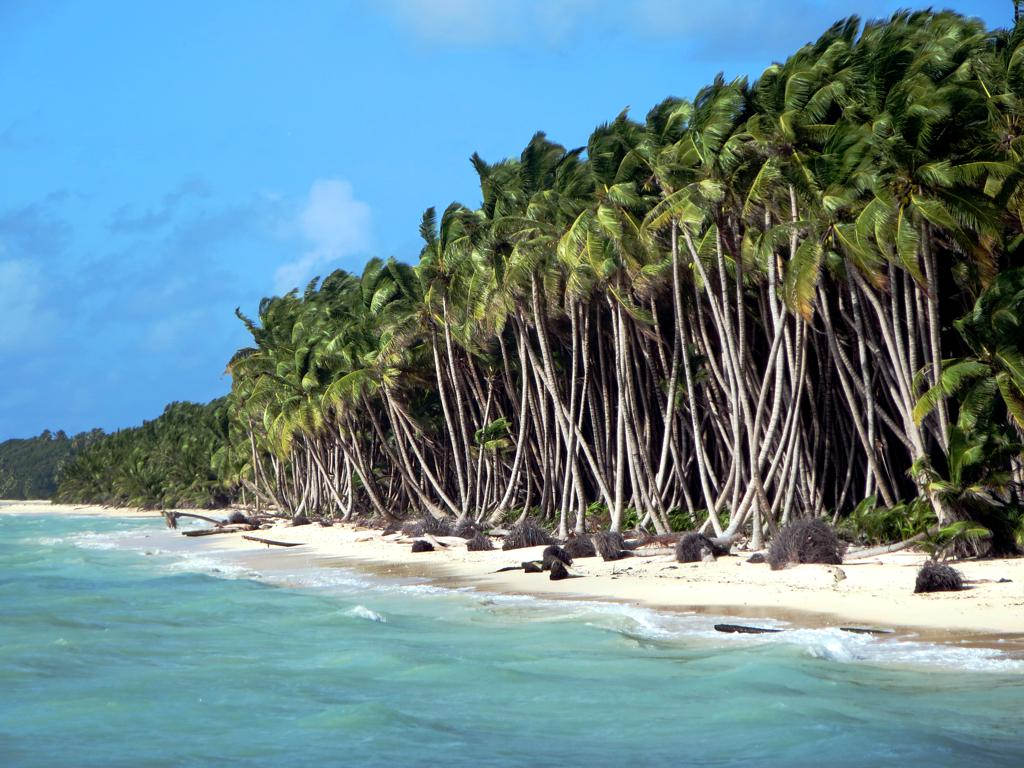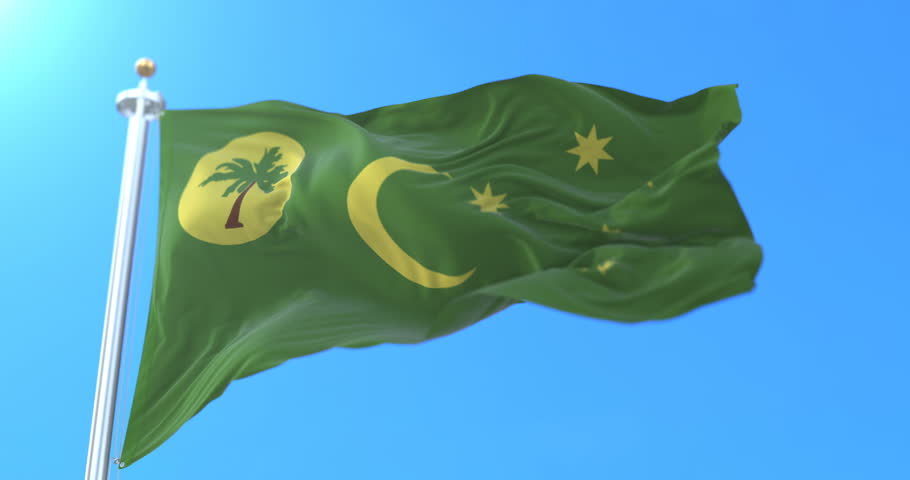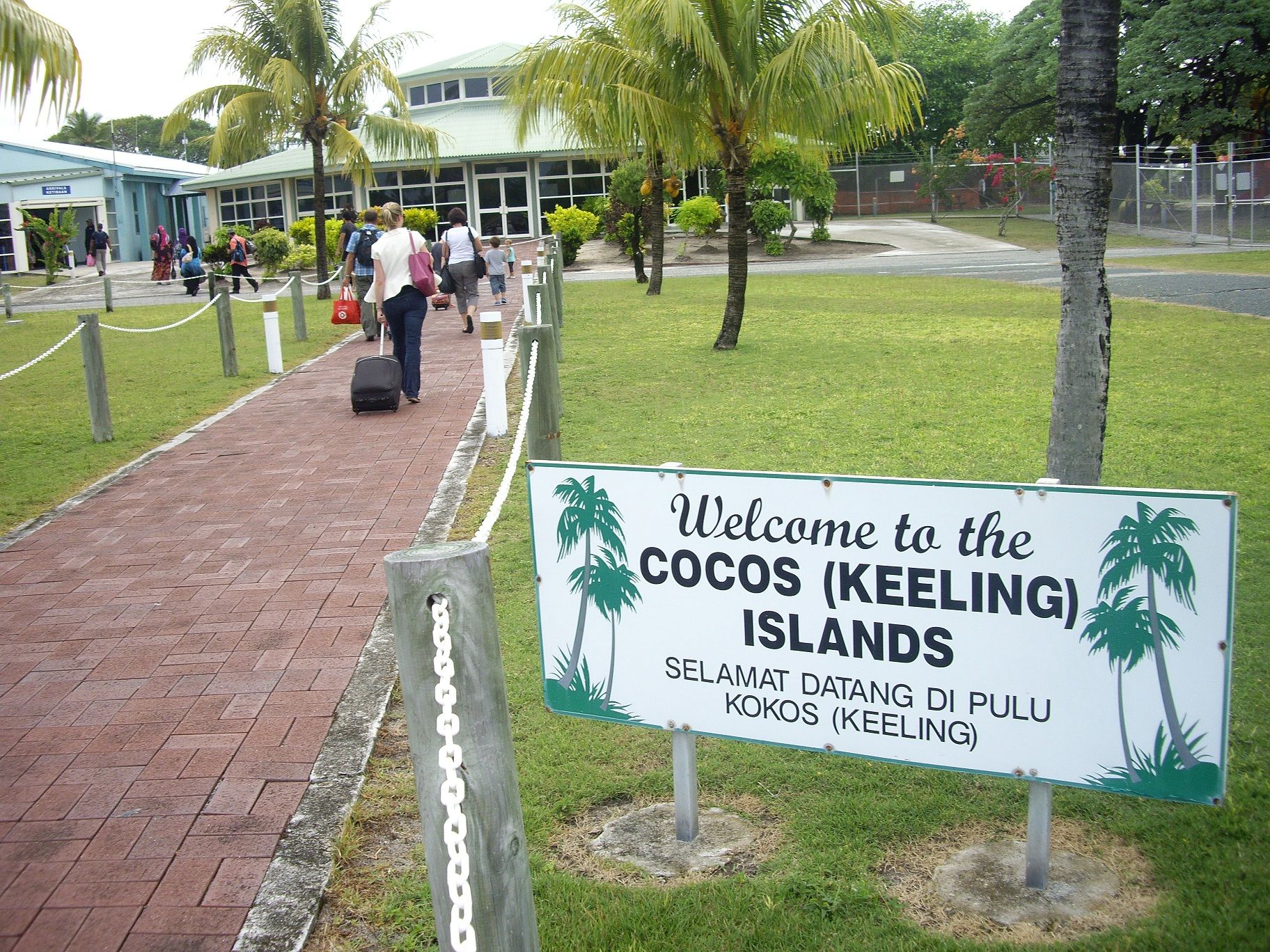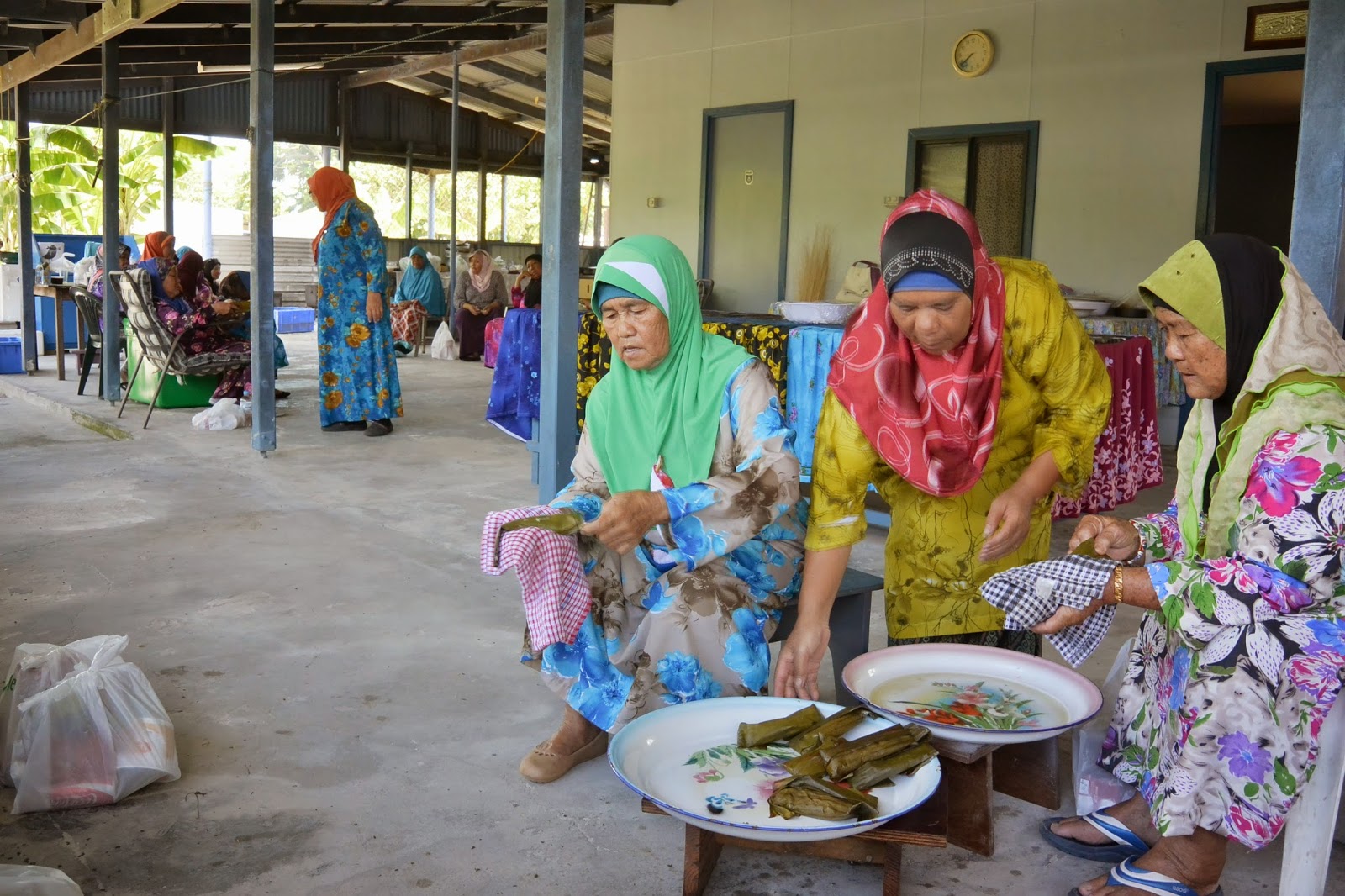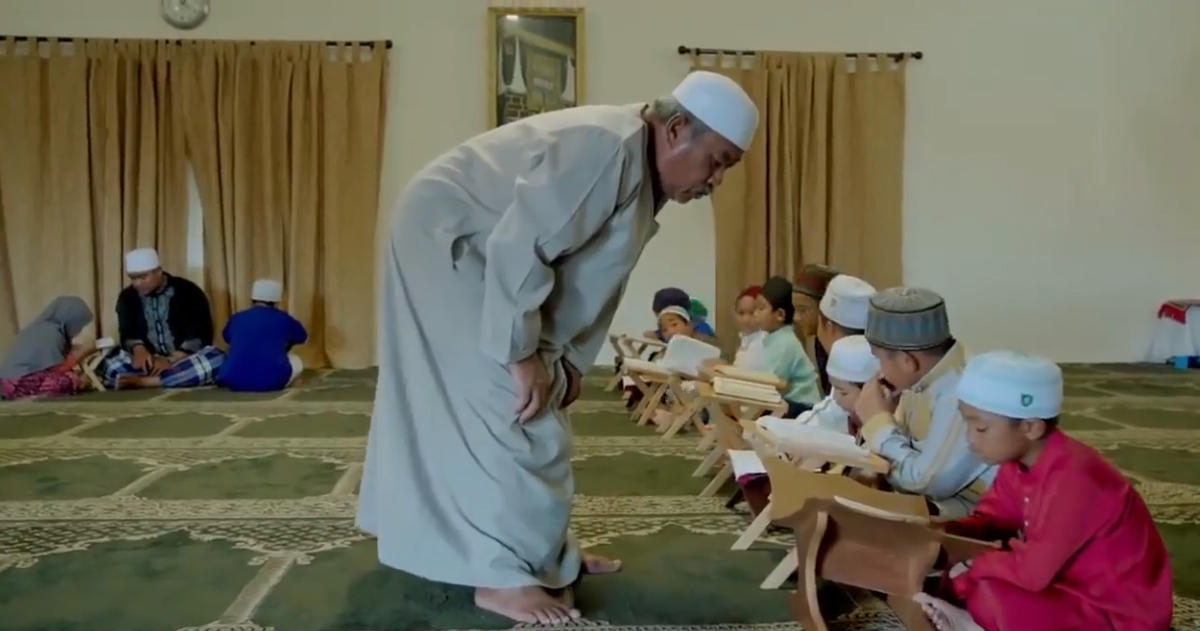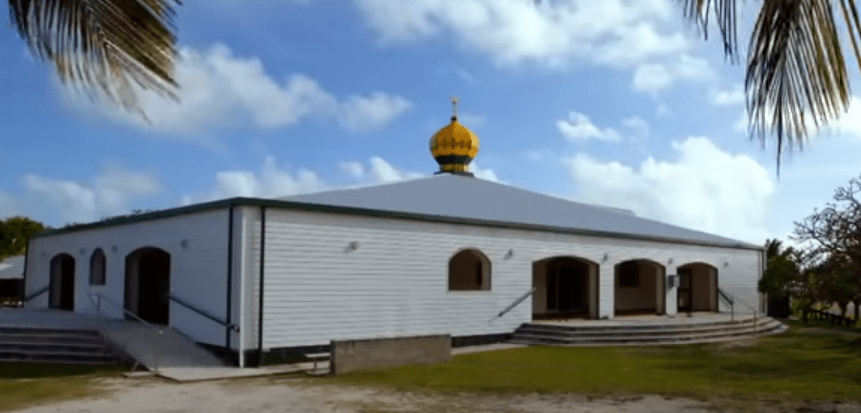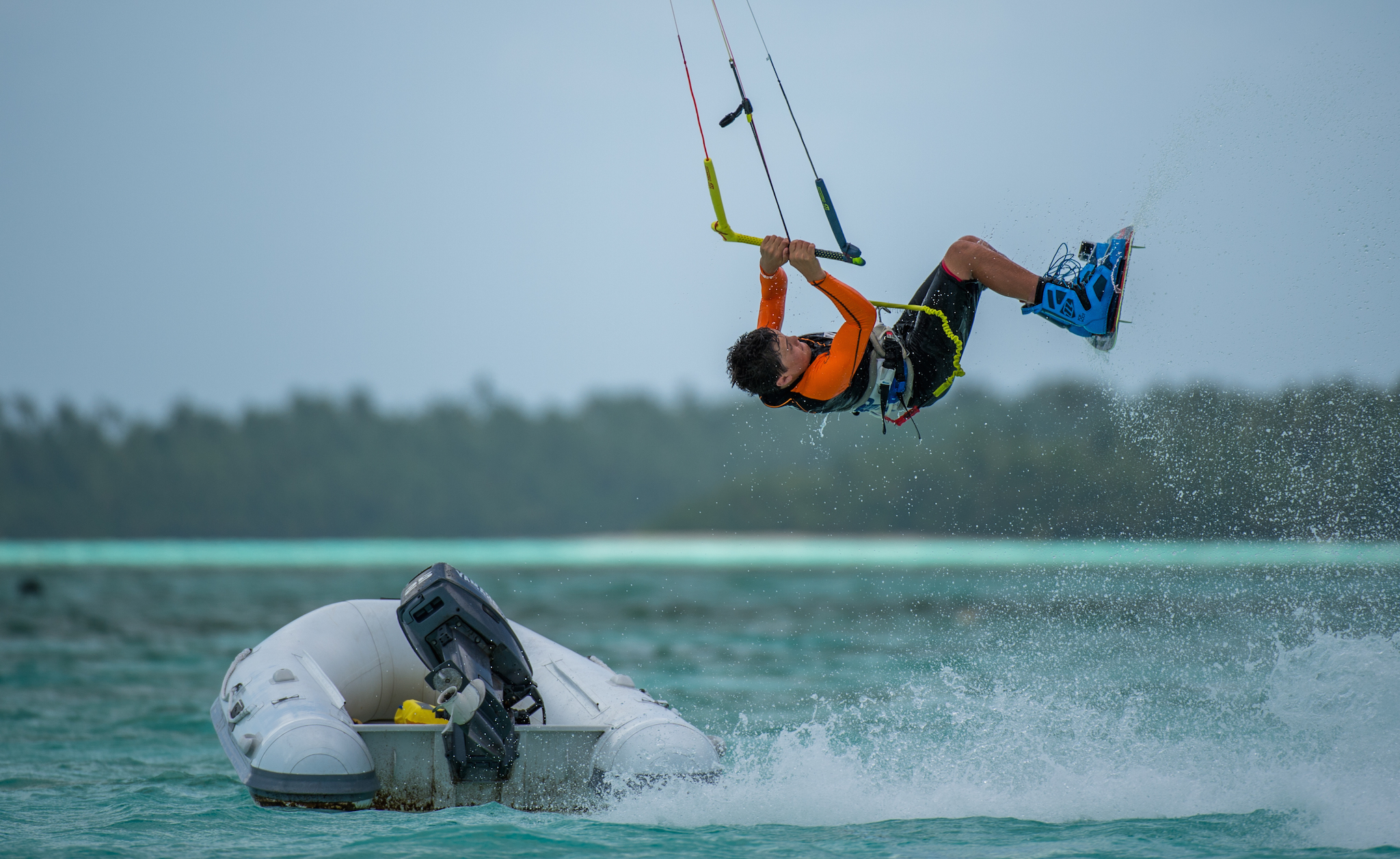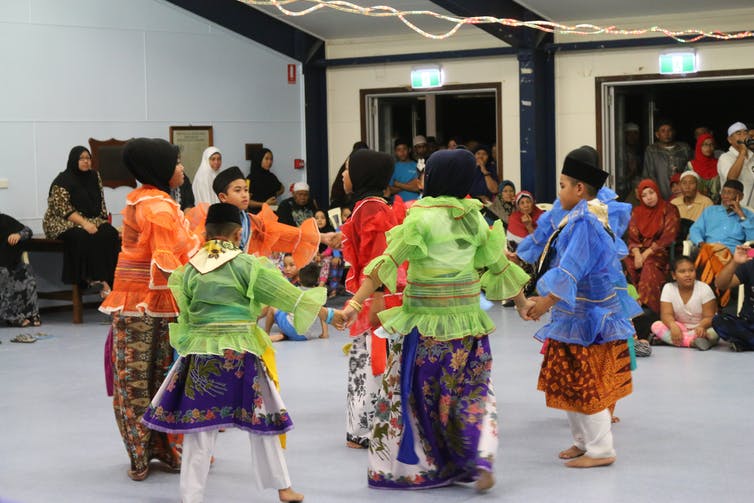8 Things You Should Know About The Australian Island Completely Inhabited By Malays
They have been living on the Aussie island for the past 200 years!
There's a tiny group of Australian islands in the middle of the Indian Ocean that looks like any other piece of land at first glance...
... But what many may not know is that this tropical Australian paradise has been completely inhabited by Malays for the past 200 years!
1. The islands are inhabited by a small society of about 600 Malays
In 1826, it is believed that Cocos Malays emigrated - mainly from Malaysia and Indonesia - as slaves and harem members of English explorer Alexander Hare.
There are 27 islands that make up Cocos or Keeling Islands, but only two of those islands are inhabited – West Island and Home Island.
2. The islands get its name from the abundance of coconut trees that lined its coast
'Cocos' refers to coconuts trees, while 'Keeling' comes from the name William Keeling – the man who discovered the islands back in 1609.
Cocos Islands remained completely uninhabited until 1827, when a Scottish merchant named John Clunies-Ross brought in Malays to work on his copra (dried coconut flesh) plantation. The Scottish Clunies-Ross family then ruled the islands for over 150 years.
Many of the Malays who reside there today are said to have descended from those plantation workers.
4. The official languages spoken on the islands are Malay and English
The Cocos Malay dialect derive words from Bahasa Indonesia and Malay due to the irregular contact with outsiders. However, some words have been adapted to local terms to create Basa Pulu Kokos.
Fun fact: As a result of being under Australia's reign, a number of English-speaking Cocos Malays are believed to speak with an Australian accent - based on an 'Australia's Forgotten Islands' documentary.
About 75% of the islanders are Sunni-Muslim and there are three mosques known to exist on the islands.
5. Cocos Islands has a growing reputation for kitesurfing
It's so popular that there are even tour packages available which include: accommodation, flights, and kitesurfing equipment and lessons.
Island hopping, snorkelling, fishing, surfing, and diving are some of the other activities you can do there.
6. Malaysian TV channels like TV3, NTV7, TV9, and 8TV are broadcasted to the islands
Aside from having four Western Australian satellite television channels, several sites claim that the islands also receive Malaysian TV channels.
7. Cocos Malays' cultural heritage is a blend of influences from Asia, Scotland, and Australia
Apart from practising Malay traditions, a hint of colonial culture still remains to this day, such as the Scottish dance performed by the Cocos community - primarily at weddings.
Australia Day, Ramadan, Aidilfitri, and Aidiladha are also celebrated on the islands.
